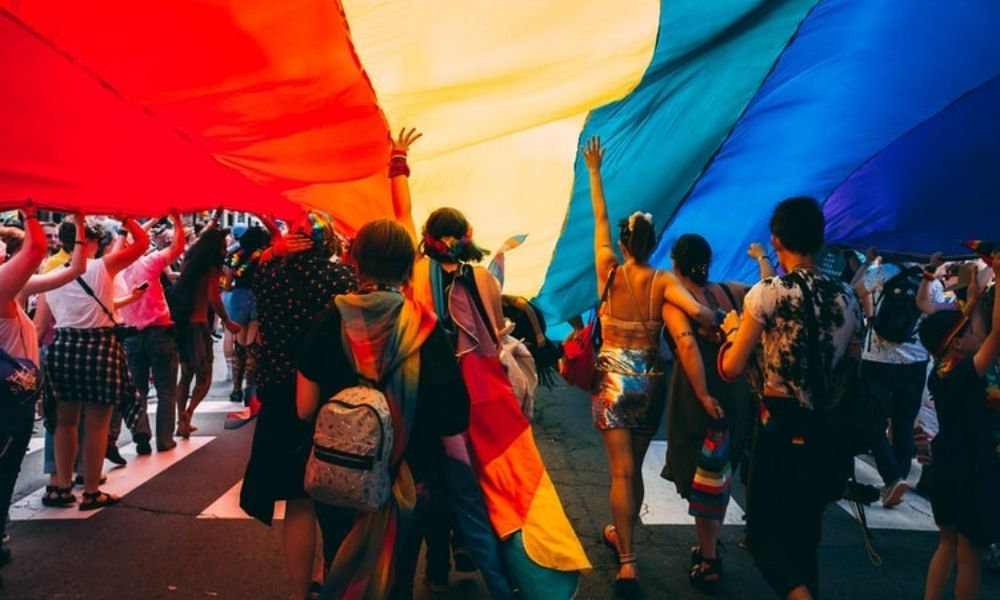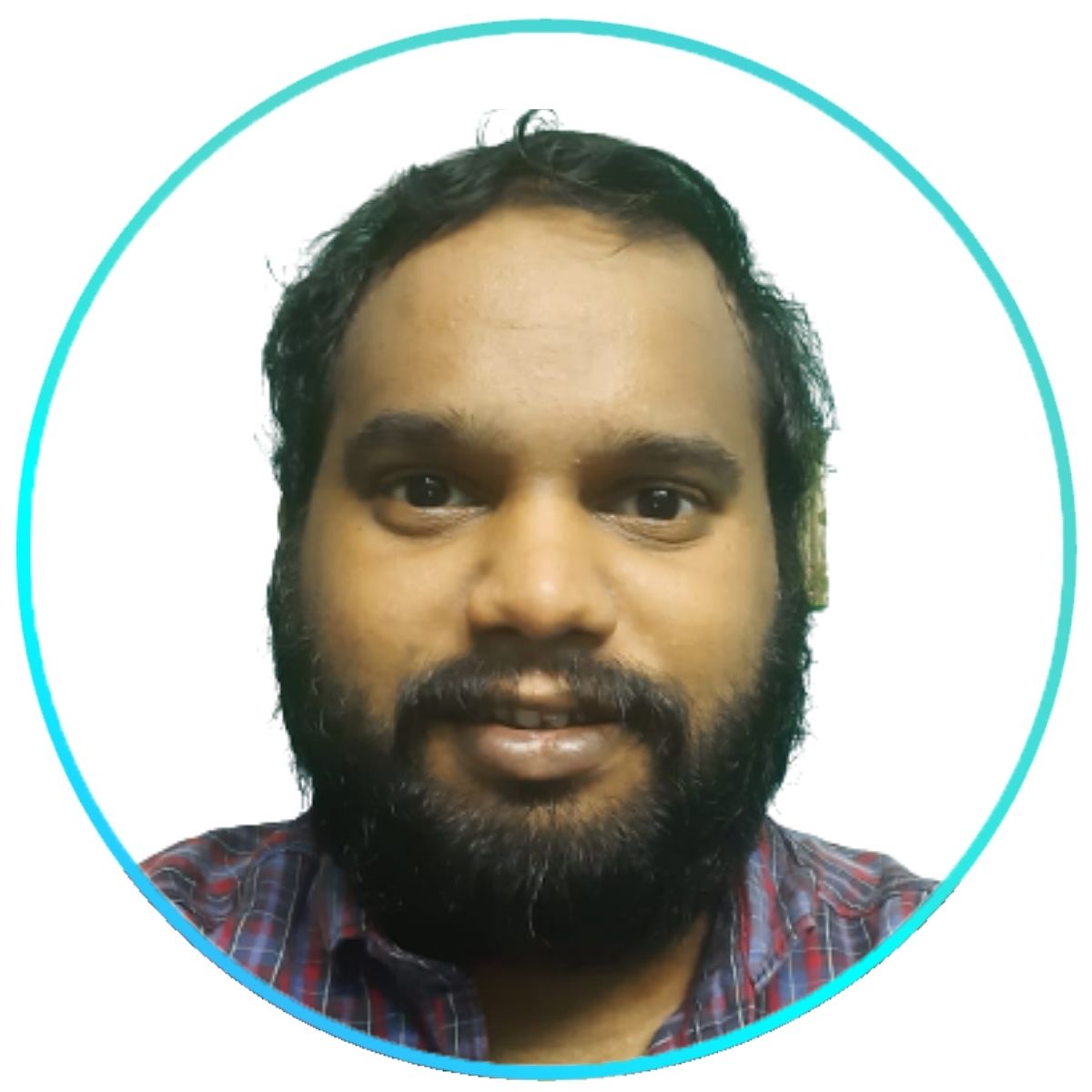
Credits: Unsplash
Deteriorating Mental Health Amongst LGBTQIA
India, 30 Jun 2021 1:52 PM GMT
Editor : Sanal M Sudevan |
Keen to explore new things and learn something new every day in the field of jounalism.
Creatives : Ratika Rana
Her primary objective is to inform, promote, educate and cultivate readers through writing.
People belonging to the marginalised community like that of LGBTQIA are at a higher risk of developing a mental health disorder. The activists want a change of attitude among the people and recognise the transgenders based on their talents.
India is a country of diverse religions, cultures and beliefs. Since the later Vedic ages, caste and social status have governed the lives of people. However, as we progressed, people became more aware of their rights, owing to education. Today, where the caste system is steadily declining, a section of marginalised communities continues to suffer.
Anti-homosexual attitudes of many religious and community leaders reflect the existence of widespread prejudice in India.
Transgender people are those individuals who do not conform to the sex allotted to them at birth. Trans Man is a person who was born a girl but did not identify as one. Similarly, a trans woman was taken a man but felt like a woman since birth. There is a lot of stigma in the society that stems from rigid belief systems, majorly held by Cis-gendered individuals.
Transgenders Need Mental Health Assistance
Mental Health activist for Trans community Ummang S Bajpai said, "Over the past decade, there has been a huge update regarding the people who are accepting mental health and online therapy when we look at the population as a whole. But there is a lot of research that people in the LGBTQ community, especially those who identify themselves as Trans will require a lot more mental health assistance."
International research papers clearly show that people belonging to the LGBTQIA community experience poorer mental health than heterosexual individuals. A study showed that 61 per cent of them had depression, 45 per cent had Post Traumatic Stress Disorder (PTSD) and 36 per cent had an anxiety disorder.
Trans woman and activist Dhananjay Mangalmukhi is a well-known face in the trans community. She said that conditions for trans women are worse than those of trans men. "In this society, nobody wants to be a woman. It feels so depressing that at this age too, we cannot roam outside freely because of the stereotypical eyes of people around us." She was invited for dinner with Canadian Prime Minister Justin Trudeau on his visit to India. She further added, "A lot of people from trans community faces mental health issues and most are not well off to afford therapy. If we only cannot understand ourselves, how will anyone else do! "
LGBTQ adults have almost double the rate of suicides. According to US Transgender Survey, 40 per cent of transgender people have attempted suicide, during their lifetime, compared to less than five per cent of the US population as a whole. The lockdown imposed by COVID pandemic further added to the woes of the people of this community. A lot of trans people resort to jobs like begging, working in beauty salons and are employed as sex workers, they were one of the worst affected. They lost their daily wage and struggled for two square meals. This further acted as a catalyst to degrade their self-esteem and mental health.
Other Health Issues
Apart from that, the social exclusion also pushes people belonging to marginalised communities under various disorders. For instance, eating disorders are consequences of deteriorating mental health that can have disastrous physical consequences. Trans people are at four times the risk of suffering from eating and sleeping disorders. Approximately 42 per cent of men who suffer from eating disorders identify themselves as gay. Lesbian, bisexual and heterosexual women are almost twice as likely to suffer from binge eating disorders. Homosexual people almost double the risk of facing abuse or violence, including physical, mental, sexual and emotional abuse. Prejudice and discrimination add an additional layer of risk, on top of social, biological, environmental and psychological factors that add up to depression, anxiety and suicide.
A study showed that even educated people from the community also suffer to attain job inclusivity. It is all the worse for transgender people if they belong to the lower rung of the caste system of society. Ummang Bajpai highlighted that living your life authentically is an issue a lot of trans people face. As a Cognitive Behaviour Therapist, he reinforces rational thinking by identifying negative thoughts and challenging those thoughts, however, Trans people cannot provide answers to their fears because they are valid. For instance, "murder rates in trans people are ridiculously high."
Unfortunately, there are not much official data available for the mental health of transgender people. The Supreme Court recognised people from the trans community under 'the third gender' in 2014. Then, the number of people who officially recognised themselves were 4,90,000. It is needless to say that a huge set of people wish to be identified as a part of the community, however, they fear the social stigma attached around it and remain to be in the closet. Ironically, most trans people belong to states that rigidly conform to old practices and norms. For instance, in India, Uttar Pradesh has the maximum trans population.
Human sexuality is complex and diverse. As with all complex behaviours and personality characteristics, biological and environmental influences combine to produce particular sexual orientation and identity.
Prakriti Soni, a trans woman who came out in August 2020, said that it felt like a relief to her. She said that in India, there are not enough avenues for the people of her community. She is studying Psychology at Christ University and wants to work in the field of counselling because a lot still needs to be done.
Scandinavian Countries Are Inclusive
Scandinavian countries are most inclusive of the transgender community. A lot of reforms are still needed to be actively accepted in India, there needs to be a change in the attitudes of cis-gendered people, corporate working spaces should identify an individual with their talent and hard work and not their gender or sexuality. Using more gender-neutral terms, inculcating the habit of acceptance amongst children and educating the older generation about several sexualities and removing the stigma of belonging to the LGBTQ community at workplaces can help to reduce the stress of these people.
Also Read: The Widening Gender Gap In India: A Cause Of Concern
 All section
All section














